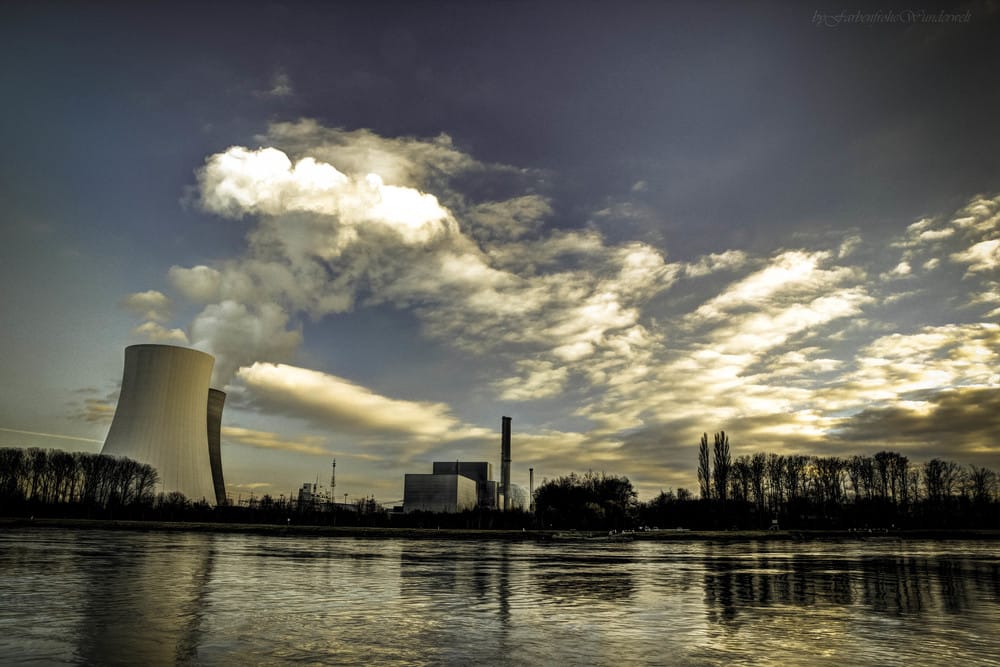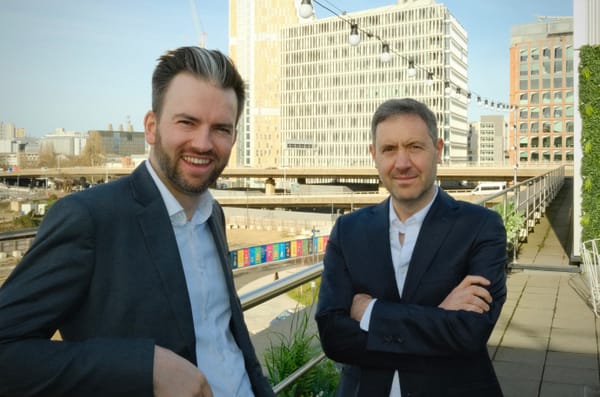Nuclear power is not part of the problem, it’s part of the solution
Sebastian Gonzato offers the green argument for nuclear power

I’m currently in Switzerland, which is about to have its twelfth referendum this year (and you thought Brexit was bad). Having rejected a minimum living wage, the Swiss will be asked to vote on an initiative proposed by the Greens on whether to speed up the closing of nuclear power plants. Unlike with Brexit, the Swiss government is unlikely to follow through with this proposal no matter the result of the referendum, and I’m tempted to agree with them.
This referendum is actually asking when Switzerland should shut down its nuclear power plants as opposed to whether or not it should. However, it serves to highlight a trend in Europe towards phasing out nuclear power.
The problem is that coal consumption in Germany has stayed constant thanks to its decision to phase out nuclear
Switzerland decided to phase out nuclear after Fukushima while Germany, Sweden and Belgium have been doing so (or at least attempting to) since Chernobyl, and Italy became nuclear free in 1990. In all these countries, the decision to opt out was driven by the fear factor associated with nuclear power and also by legitimate concerns on how to dispose of nuclear waste. In the case of Germany, Belgium and Switzerland, the choice to eliminate nuclear was also due to pressure from green parties.
This is all well and good if it leads to more use in renewables, and in the case of Germany at least, it has. (Best not mention Belgium’s track record.)
Germany’s Energiewende, or energy transition policy, has led to a tripling in the electricity provided by renewables in the last ten years to 31% of the total. Most of this comes from wind and solar photovoltaics (PV) rather than dubious renewables such as biomass, whose green credentials are questionable. It is hard to argue that this isn’t a step in the right direction, but that isn’t the whole story.

The problem is that coal consumption in Germany has stayed constant thanks to its decision to phase out nuclear. In fact, its emissions actually increased some years and have stayed roughly constant since 2009.
A similar situation has occurred in Sweden, where a tax on nuclear power has allowed for a laudable increase in investments for renewables. Sweden also aims to have 100% carbon free electricity production by 2040, which is simply not possible solely with renewables. A paper that appeared in the European Physical Journal predicted that CO2 emissions would actually double if Sweden phased out its nuclear reactors, principally because the best way to deal with intermittency issues would be gas fired power plants.
In short, going carbon free with only renewables is not possible. This is due principally to intermittency issues as mentioned earlier, but also because of the sheer amount of energy we consume. At last year’s Imperial Climate Change Symposium, Asad Rehman from Friends of the Earth stated that there’s more than enough wind and solar energy to satisfy the UK’s electricity demand, which is quite simply not true.

Sweden also claims to have 100% carbon free electricity production by 2040, which is simply not possible solely with renewables A report by Zero Carbon Britain in 2007 predicted that while total wind resources amount to 3,212, TWh/year, only around 14% of this could realistically be tapped. The UK’s energy consumption was 2,249 TWh in 2014, so even with other renewables sources, meeting this demand is impossible without converting vast swathes of the countryside into wind farms.
Nuclear is a necessary part of the energy mix, at least until we are able to reduce demand to the point that we can meet it with only renewables
Then there are the problems with intermittency.
Germany actually causes blackouts in Poland and the Czech Republic due to the inconsistency of its wind power. This is not an insurmountable problem, but given that storage solutions are costly (and come with their own significant carbon footprint), it’s likely that the solution will come in the form of some form of fossil fuel.
Given all this, my own opinion is that nuclear is a necessary part of the energy mix, at least until we are able to reduce demand to the point that we can meet it with only renewables. On this point at least I agree with the Green Party, whose energy policy aims to reduce electricity demand by two thirds by 2050. Call that target ambitious or naïve, but at least it recognises that reducing demand is more achievable than meeting it with renewables.
To be clear, I’m not particularly pro nuclear and my opinion of Hinkley Point is ambivalent at best from reading the Private Eye so much. I do, however, think it’s important to be practical, and stubborn anti-nuclear policies and wishful thinking can be as damaging to the green movement as climate change denial. This is a view shared surprisingly by the inventor of Gaia theory, James Lovelock, who has come out as pro fracking and nuclear in the last decade. Unlike Lovelock, I am not as pessimistic about our future as a species, but we need to be more pragmatic and less ideological if that’s to remain the case.









